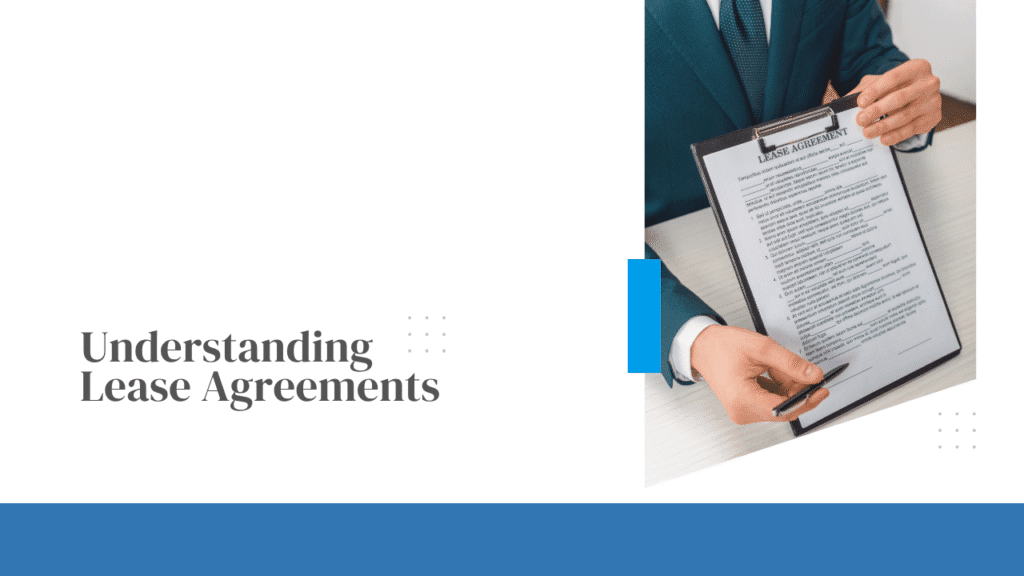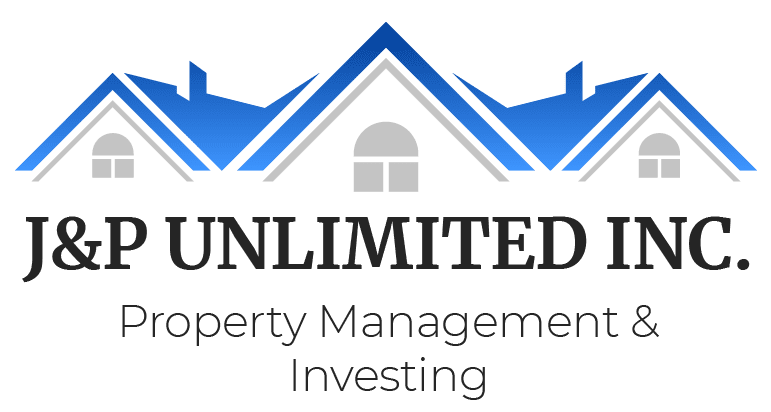
As a landlord in Conway, your lease agreement is perhaps one of the most important ways that you can protect your investment property. You and your tenants will both sign the lease indicating that you both agree to the rent that will be paid, the services that will be provided, and the scope and expectations of the tenancy.
Typical lease components include the rental amount and payment schedule, the lease duration, the details around the security deposit, the maintenance responsibilities of both the landlord and the tenant, and the rules and regulations that come with the property. If you’re renting out a home in an HOA, you’ll want to include addenda that covers what the association expects from residents as well.
Your lease will include the basic contact information for you and your tenants, the address and description of the property, a list of appliances that are included, etc. Those are easy elements to incorporate.
To really understand a lease agreement for your Conway rental property, however, it’s a good idea to dig into some of the details.
At J & P Unlimited, we write lease agreements that are both compliant with the state of South Carolina and legally enforceable within it. If we have to evict a tenant or defend ourselves against a claim that we violated security deposit law or habitability standards, we’ll need to know our lease agreement protects us and our owners.
Here’s what you need to know about lease agreements before you sign one in Conway.
Understanding Key Terms and Clauses in a Conway Lease Agreement
If you’re looking at a lease agreement and you’re already overwhelmed, don’t be put off by the legalese and the extreme detail. These things are necessary to ensure everything is covered. We’re talking about people and properties; these are very critical terms and clauses that the lease covers. Some of the most pivotal things you will find include rent collection, security deposits, lease duration, maintenance, and rules and regulations.
- Rent Collection
Collecting rent is one of the most basic functions of any landlord or property manager, and it seems like it should be pretty straightforward. You tell the tenant how much rent is, they pay it, and the same thing happens month after month. It’s not always that simple, however. If your tenant claims not to know how to pay, when to pay, or where to pay – you’ll be stuck with a list of excuses instead of your monthly rent. That’s why your lease agreement needs to be pretty clear about rent collection policies. Make sure you address how much rent is due, when the rent is due, and how the rent should be paid.
You’ll want to talk about grace periods and late fees. The lease reflects any grace period that’s allowed, and establishes exactly when rent is considered late. The late fees and additional consequences, up to and including eviction, are included in the lease so tenants know what to expect.
The rent collection policy is something we discuss with tenants before they move in. This keeps everyone on the same page and our collection process consistent and efficient.
- Maintenance
Who is responsible for fixing the oven when it breaks down? What about the air filter changes?
These are the details that are included in lease agreements so landlords and tenants know what to do when there’s a repair need at the property. Explain who is responsible for what when it comes to maintenance, upkeep, and cleaning. This will eliminate any confusion with your tenants about what they’re expected to be doing and what they can expect you to take care of.
You also have to understand the importance of maintenance reporting instructions. The lease agreement should tell tenants what to do when there’s a leak or a fire or a faulty drawer or a screen that’s torn. Some of these situations are emergencies and others are not. There are likely going to be different protocols for each, and the lease agreement must reflect that.
A good lease also indicates how maintenance is paid for. Generally, property owners are responsible, but if a resident or their guest causes a window to break or a door to come off its hinges, those damages will be billed to the tenant.
- Be Clear About Rules and Regulations
A strong and compliant lease is clear about the rules and regulations. This includes your pet policy. If you allow pets, you want to be sure the restrictions are in writing. The pet policy should include information and instructions around pet fees or pet deposits, pet screening, which might include vaccine records, and expected pet behavior. You need to establish rules around smoking and guests. Where are tenants and their guests meant to park?
Every lease agreement should explicitly prohibit criminal activity at your rental home. Share circumstances under which a landlord can enter the property and how much notice must be given ahead of scheduled inspections.
Always address rental increases. Be clear about how often rent can be raised and how much notice will be provided before the new rent goes into effect.
Understanding Additional Common Clauses in Lease Agreements
 Having a strong lease in place is good for you and your property, so make sure you address subletting. Will you allow your tenant to sublet the property? If so, under what conditions?
Having a strong lease in place is good for you and your property, so make sure you address subletting. Will you allow your tenant to sublet the property? If so, under what conditions?
What if a tenant wants to get out of the lease early? What are the conditions and penalties around breaking a lease? Include a clause around dispute resolution and tenant protections.
There are disclosures that are required in South Carolina leases, especially pertaining to lead paint, hazardous environmental conditions or concerns, and information about shared utilities.
When we’re creating lease agreements for the Conway rental properties we manage, these are always the things we are careful to include. Working with an attorney or a professional Conway property manager is essential when you’re drawing up a lease agreement.
We can help with walking you through the process of creating and executing a lease agreement. Please contact us at J & P Unlimited. We manage investment properties in Longs, Myrtle Beach, Conway, Surfside Beach, Murrells Inlet, Socastee and the surrounding areas.
